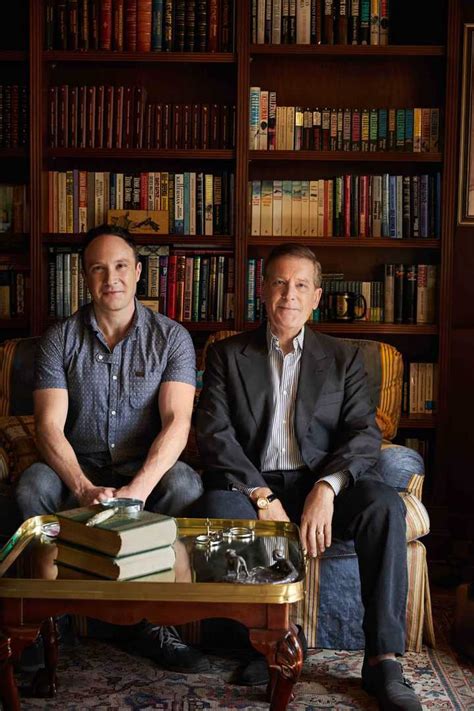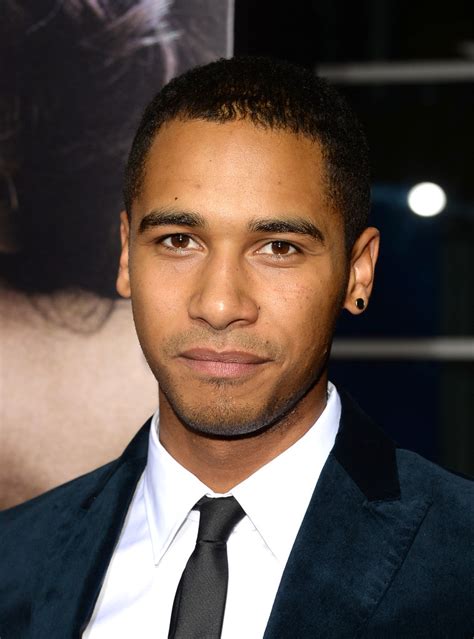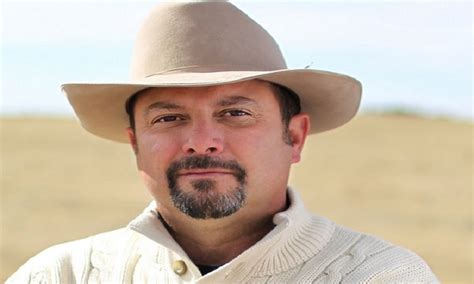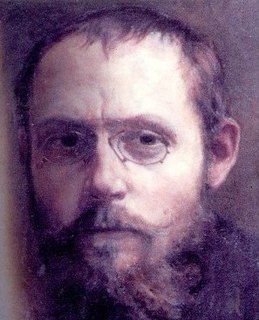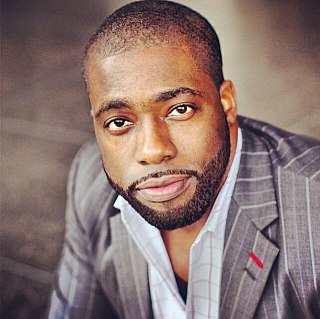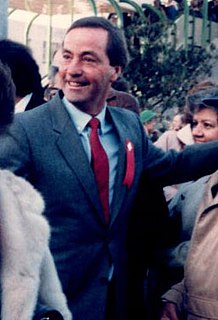A Quote by Jesse Kellerman
We crime novelists have a great pulpit. We write about justice and about correcting injustice.
Related Quotes
'By Any Means' follows a team of behind-the-scenes crime-prevention team - not police. They basically go to the areas of crime where the police can't touch and organised crime fighting units can't go to - in the public eye - to bring about real justice, treading the line between 'true' justice and what the law says is justice.
I want you to understand that racial justice is not about justice for those who are black or brown; racial justice is about American justice. Justice for LGBT Americans is not about gay and lesbian justice; it's about American justice. Equality for women isn't about women; it's about United States equality. You cannot enjoy justice anywhere in this country until we make sure there is justice everywhere in this country.
We said that a single injustice, a single crime, a single illegality, particularly if it is officially recorded, confirmed, a single wrong to humanity, a single wrong to justice and to right, particularly if it is universally, legally, nationally, commodiously accepted, that a single crime shatters and is sufficient to shatter the whole social pact, the whole social contract, that a single legal crime, a single dishonorable act will bring about the loss of ones honor, the dishonor of a whole people. It is a touch of gangrene that corrupts the entire body.
...the statement, "The purpose of the law is to cause justice to reign," is not a rigorously accurate statement. It ought to be stated that the purpose of the law is to prevent injustice from reigning. In fact, it is injustice, instead of justice, that has an existence of its own. Justice is achieved only when injustice is absent.
The best crime stories are always about the crime and its consequences - you know, 'Crime And Punishment' is the classic. Where you have the crime, and its consequences are the story, but considering the crime and the consequences makes you think about the society in which the crime takes place, if you see what I mean.
When we look at our justice system, we have this image of a balancing scale: truth and justice, right and wrong. But for years, our system has been lopsided, where it's not about truth and justice or balance. It's about being tough on crime, and sometimes that means you're putting the wrong person behind bars.
Whatever we do, we must keep God in the forefront. Let us be Christian in all of our actions. But I want to tell you this evening that it is not enough for us to talk about love, love is one of the pivotal points of the Christian face, faith. There is another side called justice. And justice is really love in calculation. Justice is love correcting that which revolts against love.
We think of justice sometimes as getting what you deserve, you know? - ?what crime was committed and what is the punishment for that crime. That's how a lot of the criminal justice works. But God's justice is restorative, so it's not as interested in those same questions of "What did they do wrong?" and "What is the punishment for that?" It's more about what harm was done and how do we heal that harm, and that's a much more redemptive version. So, it definitely doesn't turn a blind eye to harm, but it does say we want to heal the wounds of that.
Today, we are closer to fulfilling America's promise of economic and social justice because we stand on the shoulders of giants like Dr. King, yet our future progress will depend on how we prepare our next generation of leaders. We must fortify their ladders of opportunity by correcting social injustice, breaking the cycle of poverty in struggling communities, and reinvesting in our schools. Education can unlock a child's potential and remains our strongest weapon against injustice and inequality.
